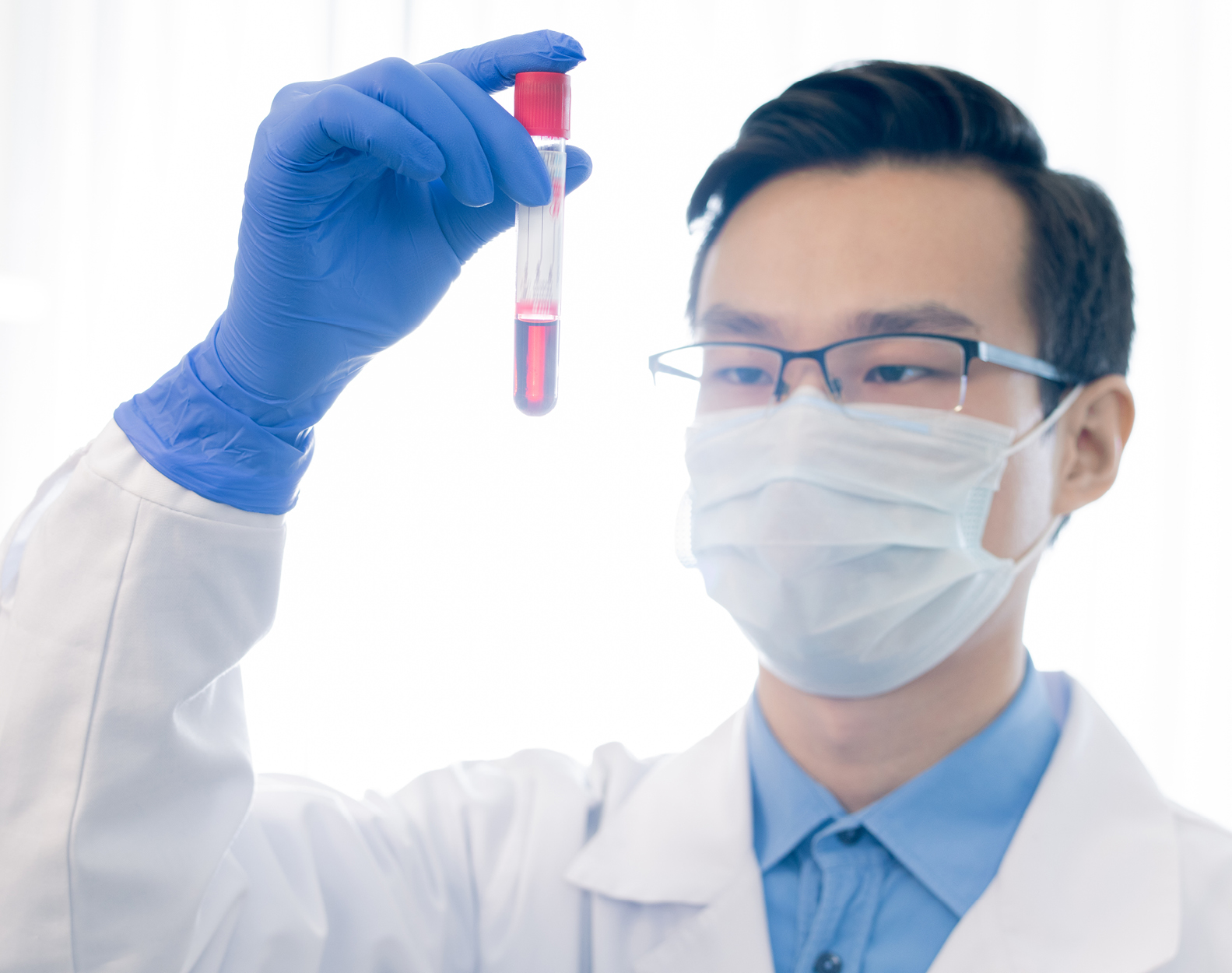
Pharmacologists may work in a range of positions, depending on their training and interests. Examples include participation in laboratory and/or clinical drug and chemical research (in academia or industry), design and execution of clinical trials aimed at bringing new therapeutics to market, evaluation of the safety of drugs and chemicals, teaching, marketing and sales of therapeutics, and scientific and medical communications.
Average Hourly
$20.51
Range Hourly
$19.50-$46.09
Average Yearly
$40,000
Range Yearly
$38,025- $89,878
Biologists and related Scientists (2121)
Descriptive toxicologist; Environmental and occupational toxicologist; Environmental toxicologist; Enzymologist; Enzymology biologist; Extraction specialist - cannabis; Laboratory immunologist; Mechanistic toxicologist; Pharmacologist; Regulatory toxicologist; Research biologist; Staff toxicologist; Toxicologist;
BSc. and/or MSc. or PhD in Pharmacology and/or Toxicology
High
Employment outlook is good to fair in most provinces. More information is available here.
With a master of science (M.Sc. ), pharmacologists might work as technologists or research associates. A doctoral (PhD) degree is typically necessary for those who want to work as independent researchers in academia or industry. Pharmacologists typically continue their careers as post-doctoral fellows for two or more years after receiving this degree. Their capacity to compete for research and teaching roles at universities is enhanced by this.
3-4 year training and experience are usually required
MSc. in Applied Clinical Pharmacology -University of Toronto (Course-based)
MSc. in Pharmacology - University of British Columbia
MSc. in Pharmacology - University of Alberta
professionalism, maturity, and self-confidence
very diligent and perseverance and tenacity
the ability to be detail-oriented
the ability to think innovatively
the ability to making decisions
adherence to safety protocol
the ability to be a leader and independent in work
the ability to work as part of a team
University research
Industry research and laboratories
Having knowledge in Pharmacology during their undergrad IMGs might be eligible for applying to a Master’s program. However, research and/or laboratory experience may be required. Having a research and lab experience from back home could be an asset during admission. After completion of MSc. in Pharmacology one can chose between careers in research and industry.